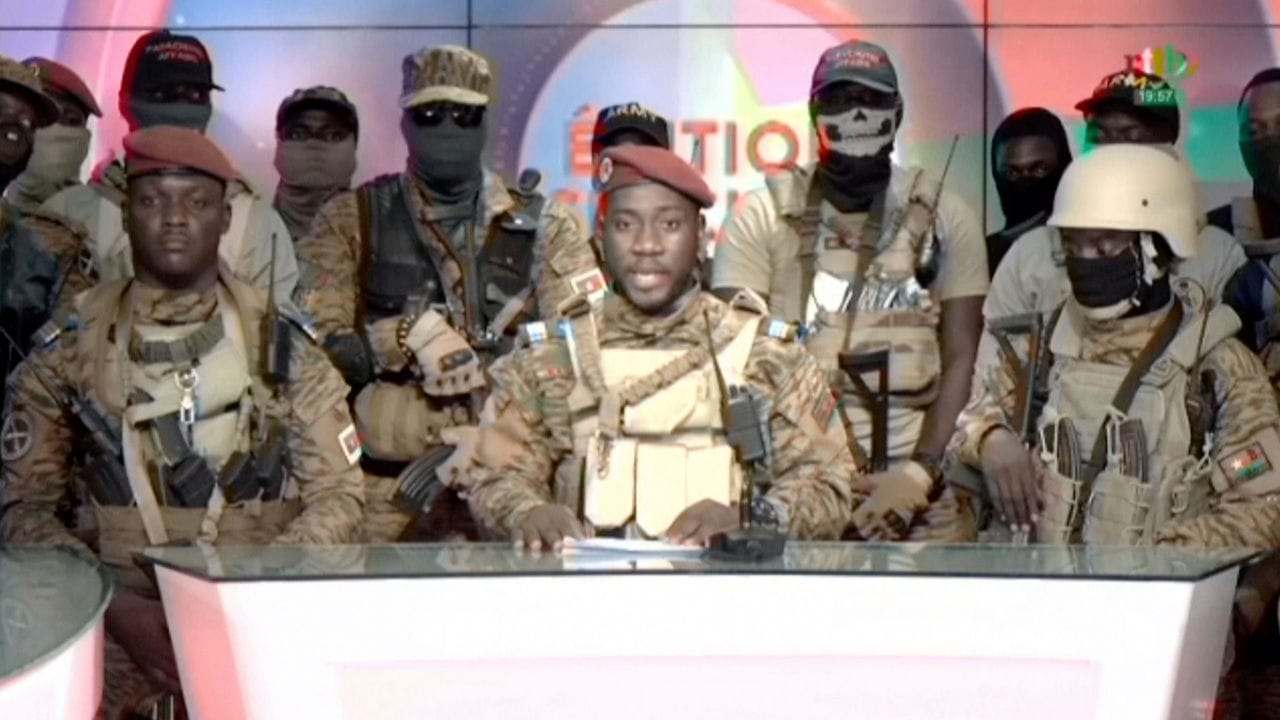- by Goma
- 01 30, 2025
-

-
-
Loading

Loading


the images of soldiers in a television studio on September 30th, some of them masked and bristling with guns, were almost indistinguishable from those broadcast in Burkina Faso in January, when the army overthrew Roch Kaboré, the elected president. Yet this was a different coup. Eight months ago the leader of the first Burkinabé putsch of 2022, Lieutenant-Colonel Paul-Henri Sandaogo Damiba, sought to justify it by saying that the government was failing to defeat jihadists who had overrun much of the country. This time Captain Ibrahim Traoré used much the same reasoning. Burkina Faso is, indeed, struggling badly in its fight against jihadists loosely affiliated to al-Qaeda and Islamic State. By mid-September over 3,100 people had been killed in the fighting this year, a third more than in all of last year. Nearly 2m people have been forced from their homes overall. Yet the two coups seem to be setting Burkina Faso on a similar path to that of its neighbour, Mali, which is teetering on the edge of chaos and is shunned by others in the region after coups in 2020 and 2021.